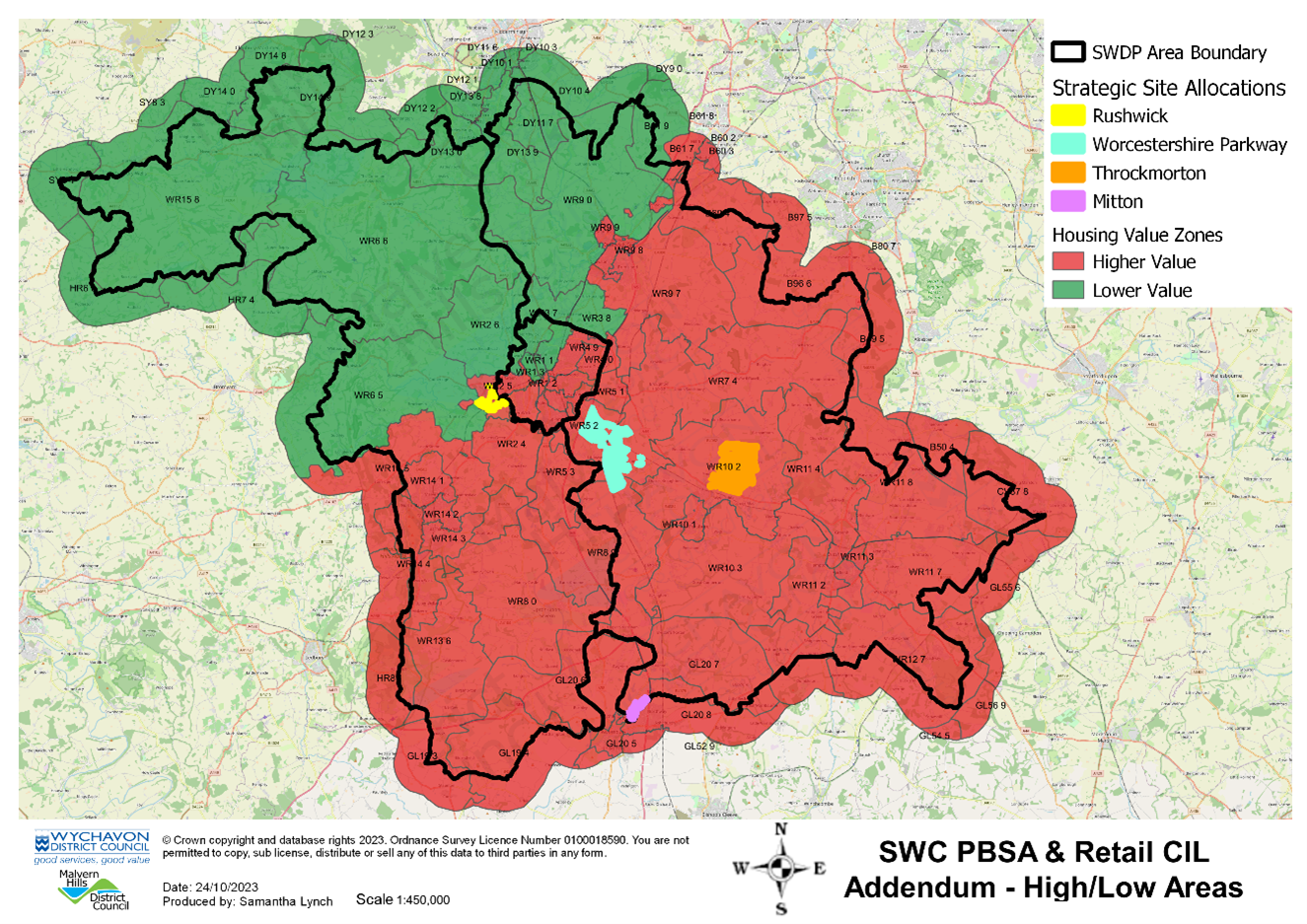Foreword
From April 2017, under the Equality Act 2010 (Specific Duties and Public Authorities) Regulations 2017, employers with 250 or more employees are required to publish various figures to demonstrate how large the pay gap is between their male and female employees. As a Public Sector organisation this demonstrates our compliance under the Public Sector Equality Duty.
Malvern Hills District Council is committed to the promotion of equality of opportunity for all employees. A diverse workforce provides a greater mix of people, skills, experiences and perspectives to draw on. This can only be achieved by creating an inclusive environment. In essence, a diverse and inclusive workforce is good for everyone.
Background
All public sector employers are required to publish information about gender pay gaps by 31 March 2019. This information is based on a snapshot date of pay on 31 March 2018.
What are we required to report on?
Mean gender pay gap
The difference between the mean hourly rate of pay of male full-pay relevant employees and that of female full pay relevant employees
Median gender pay gap
The difference between the median hourly rate of pay of male full pay relevant employees and that of female full pay relevant employees
Mean bonus gap
The difference between the mean bonus paid to male relevant employees and that paid to female relevant employees
Median bonus gap
The difference between the median bonus paid to male relevant employees and that paid to female relevant employees
Bonus proportions
The proportions of male and female relevant employees who were paid bonus pay during the relevant period
Quartile pay bands
The proportions of male and female full pay relevant employees in the lower, lower middle, upper middle and upper quartile pay bands
The analysis is based on head count as opposed to full time equivalent numbers.
The gender pay gap and equal pay
The gender pay gap is different to equal pay. The gender pay gap is a measure of any disparity in pay between the average earnings of men and women, irrespective of role or seniority. Equal pay concerns pay difference between men and women employees who carry out the same jobs, similar jobs or work of equal value. Malvern Hills District Council use a nationally recognised job evaluation system; meeting our obligations under the Equality Act 2010 for equal pay.
Gender pay calculation
Gender pay gap = Median pay men - Median pay women X 100/ Median pay men
A positive pay gap indicates that men are paid more than women; a negative pay gap indicated that women are paid more than men.
As at the snapshot date of 31 March 2018 the workforce comprised of:
Male 53.9%
Female 46.1%
Gender pay gap – 31 March 2018
Average hourly rate of pay and the percentage difference between.
Mean 2.52% - Female £12.95 Male £13.28
Median -22.10% - Female £12.32 Male £10.09
Proportion of men and women receiving bonuses
Malvern Hills District Council does not operate any performance related pay or bonus schemes.
Bonus gap – 0%
Proportion of men and woman in each quartile of the pay structure
Quartile Male % - Female %
Lower 76.92 - 23.08
Lower middle 43.59 - 56.40
Upper middle 36.84 - 63.16
Upper 61.54 - 38.46
The figures set out in this report have been calculated using the standard methodologies used in the Equality Act 2010 (Gender Pay Gap Information) Regulations 2017.




